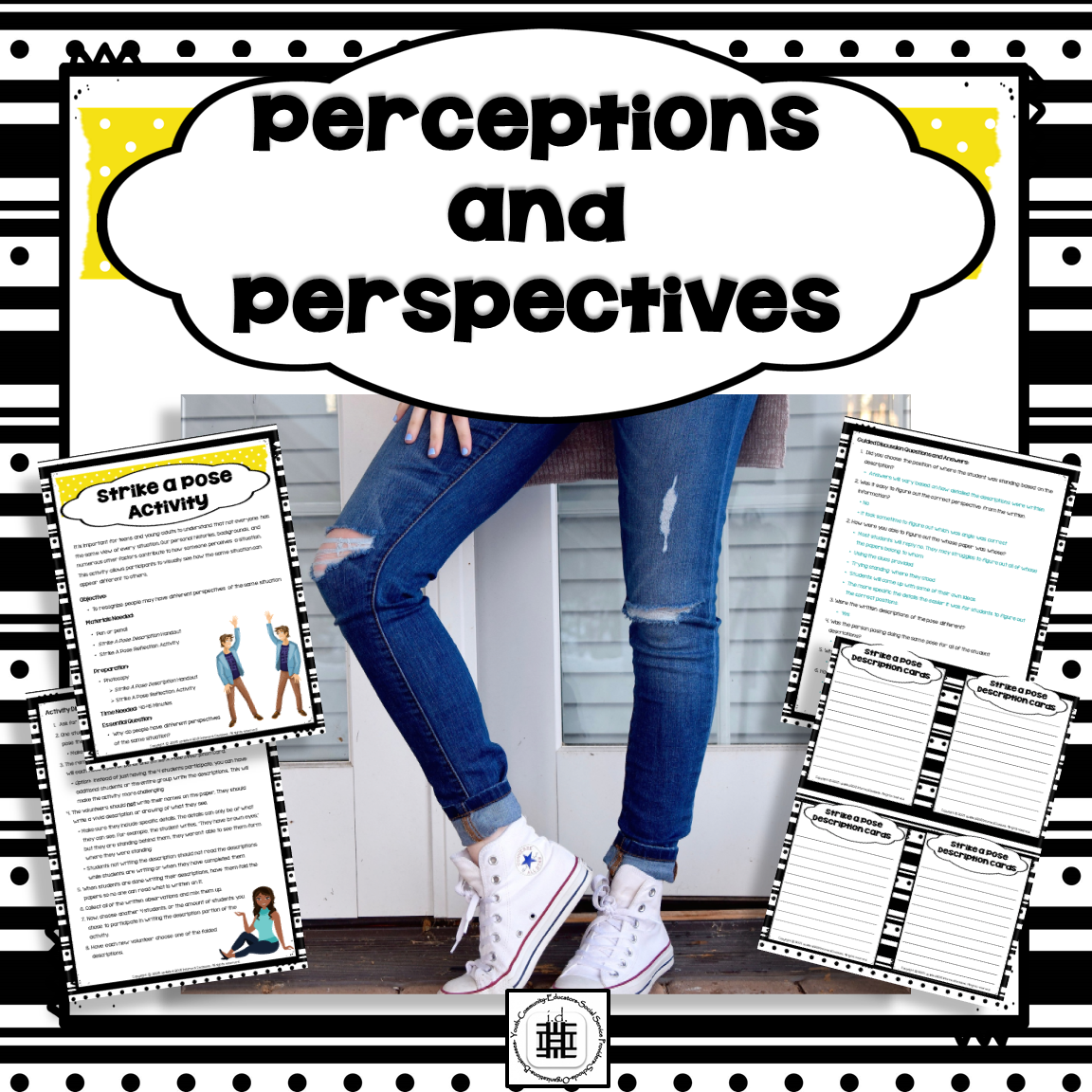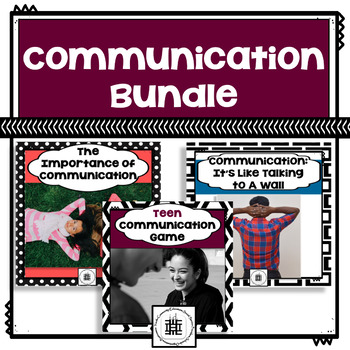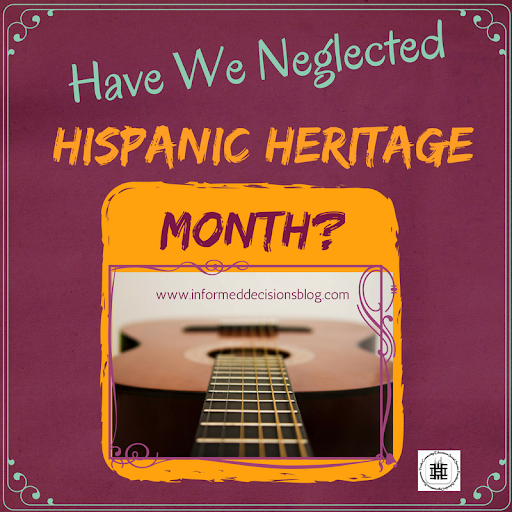Every day, we encounter microaggressions and myths about Hispanic heritage. Microaggressions can be subconscious and subtle bias towards a marginalized group of people. Although some people may feel they are making a statement to connect to someone from a Hispanic or Latino(a) background, the statements can be really insensitive, inappropriate, or even offensive.
In our diverse cultural society, many people tend to generalize and stereotype other cultures and ethnicities with which they may not be familiar with. Hopefully, this post will help in identifying with the comments, dispel some myths of Hispanic cultures, and/ or become more aware of the truths of Hispanic cultures.
All of the microaggressions below are authentic and popular comments, made to people in the Latino(a) and Hispanic communities…
- “I’ve had Mexican food before; Taco Bell.” Taco Bell is a fast-food chain and not authentic Mexican food. Mexican food has rich spices and bold flavors which contribute to their culture. I’ve heard this more times than I can count, and the first time, I almost fell off my chair.
- “Do you speak Mexican?” Nope, no one does. People of Mexican descent speak Spanish. It’s a dialect of the Spanish language, not a language of its own.
- “How come you don’t know what that word means?” There are over 20 dialects in the Spanish language, and every dialect doesn’t have the same meaning.
- “They don’t look, Latino…” What does a Latino(a) person look like? Latino(a)/ Hispanic people are not all one look. We can be light-skinned, dark-skinned, tall, or short, etc… Skin color can also vary within families. Many Hispanic people may not consider themselves Black or White but consider themselves Hispanic or Latino(a) when it comes to the classification of race.
- “All Hispanics are Latinos.” Hispanics are those from Spain or other countries that can be in the Caribbean where the main language is Spanish. Latinos are those from Latin America.
- “How come you don’t have an accent or speak broken English?” Not all people of Hispanic descent have an accent and speak using improper grammar.
- “Wow, you speak English well.” This statement implies that because you are Hispanic or Latinx, you shouldn’t have the proper command of the English language.
- “You don’t speak Spanish?” Not every person that is of Hispanic or Latino descent speaks Spanish fluently.
- To a Puerto Rican: “When did you become a U.S. citizen?” Puerto Ricans are United States citizens!
- “Can a Puerto Rican birth certificate be used as proof of American Citizenship?” YES!
- “I really consider you white.” Although this may have been given as a compliment, and the person saying it may feel that it is a statement of praise, regardless of what is meant, what a person of color hears is that it’s not great to be me. I am a better person if I am considered “white” because a person of color is less valued than a white person.
- “You’re Black, not Hispanic.” How can you possibly just remove a person’s identity by your perception? The person has identified who they are and you are telling them that their culture doesn’t matter because you view or perceive them differently.
- “All Latinas dress provocatively.” Hispanic women can be curvy, but regardless of what they wear, it can be seen as provocative. The way you dress is a choice and does not make you more or less Latina.
- “Are you all moving into this studio apartment?” (Yes, this was said to me) Not all Hispanics fill their small apartment with a lot of family members. This may be true in some situations, but not all.
- “Hispanic women always have screaming babies in the background.” A lot of people have babies, and just because it’s a Hispanic woman doesn’t mean she has lots of babies.
- “You are not Hispanic enough!” Being Hispanic is a cultural ancestry.
- “Do you know where I can score some drugs or a gun?” Not all people of Latin American descent are in drug cartels or involved in gang activities.
These are only a few microaggressions that exist and understanding how what can be an innocent comment can truly negatively impact others, we should be more aware of what and how we say things to others.
Sometimes it is hard to teach our students to avoid microaggressions and understand the perceptions of others.
A great way to get them to view things from other perspectives is to implement an activity where they can learn how others’ perceptions can change how someone views or perceives a situation. Their experiences, environment, social-emotional, physical, and situational factors all contribute to perceptions.
If you are looking to save some prep time, Perceptions and Perspectives activities are a great way for your students to learn these ideas!
What myths or microaggressions have you heard about Hispanic cultures? Have any of these statements or questions been said to you?
I want to hear from you!




Leave a Reply